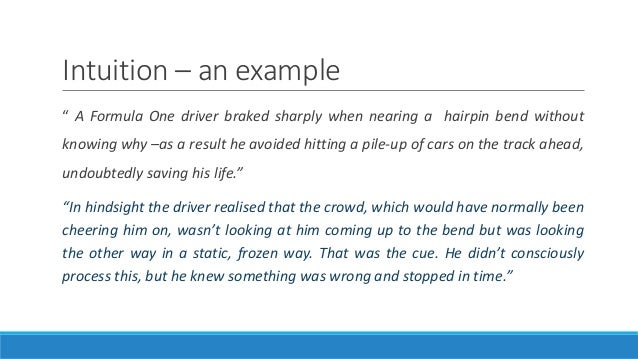most people can do very little more than to say i like it and i don’t like it
not because they can’t but because they don’t train for it
that first stage of sensing a thing happens, and then the process sort of ends there for the most part
because one needs not only acute perception but also the ability to speak about it
both of which can be a result of a natural ability or the fruit of diligence
ideally both
which is why to know about human nature you often don’t seek a scientist, but a poet
just as when you want to know what a wine tastes like, you don’t look for its chromatographic report
though knowing the acitidy and alcoholic level do help
but what helps most is if someone who has tasted it can describe it to you
whether it is floral, tanninic, dry, velvety, pruny, chocolaty, nutty, fizzy, etc
some art comes into play to be able to translate those sensations into words
(as an addendum, I’ve noticed personally
that my memory of a sensation is not of the taste and smell of it at all
but of what I’ve described it to myself
thus if I immediately turn an experience into a narration
I am able to remember it much better
than if I try to conjure up the memory itself
as if i’ve written to myself a recipe of a memory
so that my brain can use it to recreate it
so when something is so good that I want to preserve it
i go into a frenzy of trying to quickly describe it as accurately as possible
before it vanishes
thus i am able to relive it
mind tricks i guess
but it goes to show how deeply language is ingrained into our conscious processes
and how not only having experienced a variety of things but also learned a variety of languages
can improve your ability to form a catalog of memories to compare current experiences with
but i digress)
anyway that’s not what you asked
you asked about the processes that are involved in turning a perception into a judgment, I suppose
to use the lingo here
it would definitely look a lot like a mathematical calculation
though the elements of the calculation are not numbers, but words
words tied to experiences
maybe my memory forming example above is a rudimentary attempt to understand that function
maybe not
in any case, i don’t know if you’ve attempted something similar
if not i invite you to try and then to report it
whether this realization of language as the most crucial element of memory
is true or not
i mean
i’m sure someone has already noticed that and written a volume about it
i just haven’t bothered to look it up yet
cuz i gots toys to deliver
the average person would consider a connoisseur of art or wine a “snob”
because they’ve developed through their process of internal “cataloguing”
the different characteristics of a thing in contrast with other things
caring for a subject enough to go through the trouble of developing a way to measure it
is well within the range of ability of the average person
it just happens that most people use it to store such things as sports statistics
or the names of different shades of lipstick
Note that “Do you like it?” is another way of asking “Do you find it valuable?”
And value is no more than what we think is useful, perhaps even necessary, in order to attain our goals. Nothing else.
So when someone asks “Do you like this painting?” and you answer with “Yes, I like it very much!” you are merely saying that you think that that painting could be of much use to you. (You might be wrong though and that means there are true and false values. But that’s another subject.)
We make such judgments constantly and easily but without understanding how. I don’t think that makes them any less mathematical.
there’s whole bodies of work on the “disinterestedness” of aesthetic
which is another way to say that true aesthetic appreciation does not consider at all it’s use
but simple beauty as an end
I think value goes much deeper than use
because we humans don’t exactly live in a world of objects
we live in a world of meanings
